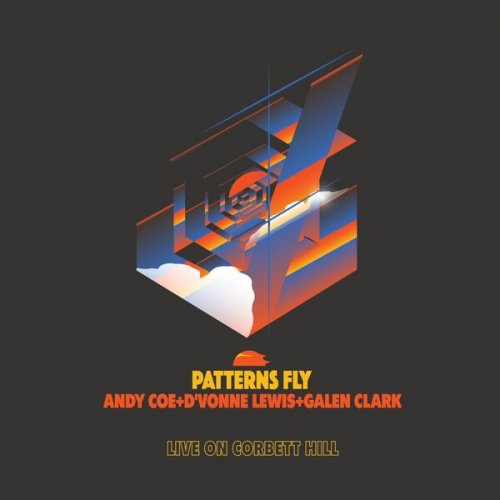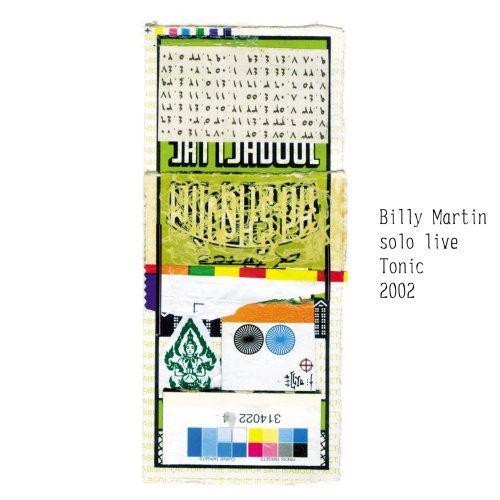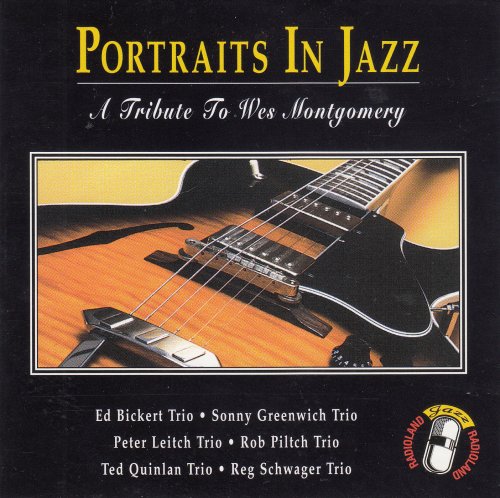Li-wei Qin, Albert Tiu - Beethoven: The Cello Sonatas (2010)

Artist: Li-wei Qin, Albert Tiu
Title: Beethoven: The Cello Sonatas
Year Of Release: 2010
Label: Decca
Genre: Classical
Quality: FLAC (tracks) / MP3 320 Kbps
Total Time: 01:55:44
Total Size: 410 Mb / 296 Mb
WebSite: Album Preview
Tracklist: Title: Beethoven: The Cello Sonatas
Year Of Release: 2010
Label: Decca
Genre: Classical
Quality: FLAC (tracks) / MP3 320 Kbps
Total Time: 01:55:44
Total Size: 410 Mb / 296 Mb
WebSite: Album Preview
CD 1
Sonata for Cello and Piano No.1 in F, Op.5 No.1 (Ludwig van Beethoven)
1 1. Adagio Sostenuto - 03:04
2 1. Allegro 14:39
3 2. Rondo: Allegro vivace 06:58
Sonata for Cello and Piano No.2 in G minor, Op.5 No.2 (Ludwig van Beethoven)
4 1a. Adagio sostenuto ed espressivo 06:03
5 1b. Allegro molto più tosto presto 13:55
6 2. Rondo (Allegro) 08:36
Sonata for Cello and Piano No.4 in C, Op.102 No.1 (Ludwig van Beethoven)
7 1. Andante - 02:44
8 1. Allegro vivace 05:07
9 2. Adagio - Tempo d'andante - 03:29
10 2. Allegro vivace 04:11
CD 2
Sonata For Cello And Piano No.3 In A, Op.69 (Ludwig van Beethoven)
1 1. Allegro ma non tanto 12:31
2 2. Scherzo: Allegro molto 05:23
3 3. Adagio cantabile - 01:57
4 Allegro vivace 06:59
5 Beethoven: Sonata No. 5 in D, Op. 102, No. 2 For Piano And Cello: 1. Allegro con brio 06:29
Sonata for Cello and Piano No.5 in D, Op.102 No.2 (Ludwig van Beethoven)
6 2. Adagio con molto sentimento d'affetto 09:03
7 Beethoven: Sonata No. 5 in D, Op. 102, No. 2 For Piano And Cello: 3. Allegro - Allegro fugato 04:36
Performers:
Li-wei Qin, cello
Albert Tiu, piano
Cellist Li-Wei Qin, born in Shanghai and educated in Australia and the UK, offers a highly accomplished Beethoven sonata cycle with pianist Albert Tiu. A consistent and particular pleasure is Qin’s tone, from the warmth of the lower register to the sweet-toned upper reaches, soaring into the stratosphere apparently without effort.
These are readings that are largely content to let the music speak for itself – which can be a good thing. The opening of Op 69, for instance, is less interventionist than Müller-Schott’s, who has, in Angela Hewitt, a pianist who tends to play up the brilliance of the piano-writing to a greater extent than Tiu. Where the Qin/Tiu duo are perhaps less convincing is in movements such as the same sonata’s driven Scherzo, which demands the most instinctive interplay, with Tiu a touch reticent here, though Müller-Schott and Hewitt are arguably too rushed; both partnerships misjudge the brief Adagio cantabile that follows: extreme slowness does not equate to profundity. Far more convincing in the overall pacing and impact of this sonata is the 1947 48 Fournier/Schnabel reading, and I’d urge you to seek out this classic cycle: Fournier’s warmth and unobtrusive virtuosity, plus the odd portamento, are a profound pleasure, while no pianist understands the music better.
In the late sonatas, too, Qin and Tiu don’t always reveal the centre of the music as some do, notably the linked slow movement and finale of Op 102 No 2, with gravity leading to a playfulness that is undermined by more cataclysmic moments. Here the emphasis tends to be on the music’s lighter elements.
So, intensely likeable performances without perhaps making you feel that they’re shedding new light on these eternally engaging masterpieces.
These are readings that are largely content to let the music speak for itself – which can be a good thing. The opening of Op 69, for instance, is less interventionist than Müller-Schott’s, who has, in Angela Hewitt, a pianist who tends to play up the brilliance of the piano-writing to a greater extent than Tiu. Where the Qin/Tiu duo are perhaps less convincing is in movements such as the same sonata’s driven Scherzo, which demands the most instinctive interplay, with Tiu a touch reticent here, though Müller-Schott and Hewitt are arguably too rushed; both partnerships misjudge the brief Adagio cantabile that follows: extreme slowness does not equate to profundity. Far more convincing in the overall pacing and impact of this sonata is the 1947 48 Fournier/Schnabel reading, and I’d urge you to seek out this classic cycle: Fournier’s warmth and unobtrusive virtuosity, plus the odd portamento, are a profound pleasure, while no pianist understands the music better.
In the late sonatas, too, Qin and Tiu don’t always reveal the centre of the music as some do, notably the linked slow movement and finale of Op 102 No 2, with gravity leading to a playfulness that is undermined by more cataclysmic moments. Here the emphasis tends to be on the music’s lighter elements.
So, intensely likeable performances without perhaps making you feel that they’re shedding new light on these eternally engaging masterpieces.








